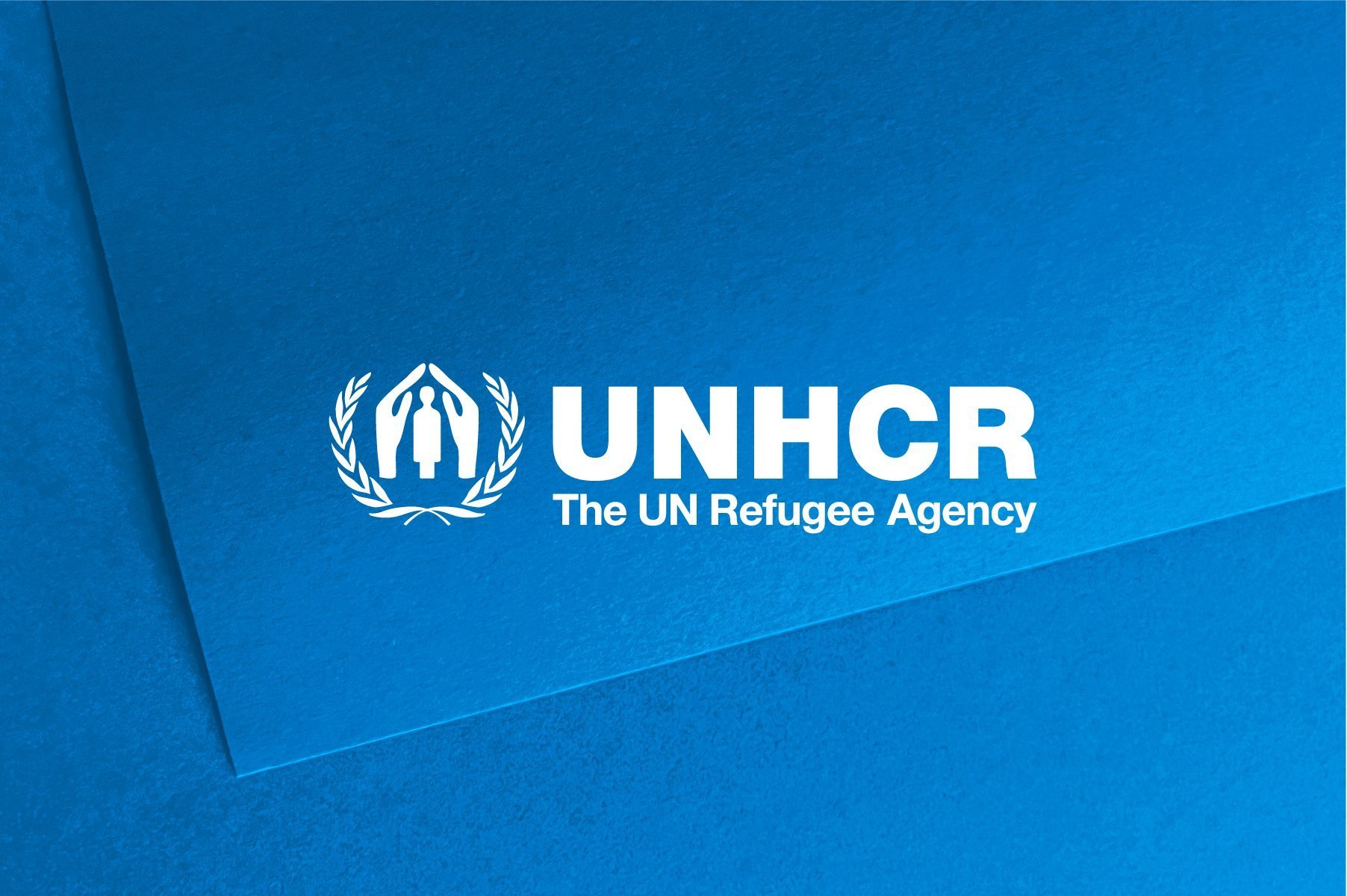Iraq: Displaced Christians return to Mosul
Iraq: Displaced Christians return to Mosul
In northern Iraq, UNHCR yesterday revisited Christian families displaced in villages in the Al Hamdaniya district, east of Mosul. Some 2,000 families fled Mosul in early October, for fear of violence against the Christian community. The mission by UNHCR Mosul was to assess the extent of recently reported returns as well as to learn the intentions of those still uprooted.
The rate of return differs from village to village, but overall about a third of some 1,000 families displaced in the Al Hamdaniya area have returned to their homes in Mosul. According to displaced families remaining in outlying villages, those who have returned to Mosul did so mainly out of concern for their job security, or for education reasons. Many seem also to be commuting to Mosul, from villages no further than 40 km away.
Displaced families began to return about a week ago, with assurances from their Arab neighbours about improved security in the city, which has seen a beefed-up presence by Iraqi security forces. There are currently 35,000 Iraqi army and police - including the National Police deployed from the south - in Mosul city alone. The number of explosions and arbitrary killings has declined.
Those who remain displaced say they still fear the uncertainty and political instability in the region. The general lack of law and order in Iraq's second largest city has been a serious concern not only for Christians but other minorities as well, including Shebeks, Yezidis and other minority groups who were forced to flee their homes in recent years.
The exact return figures for Christian families are difficult to obtain, as their homes are scattered throughout the city. Returnee families are to receive from the government a cash grant upon return of up to US $800, but many do not register for fear of exposure or uncertainty of their return.
UNHCR, together with implementing partners, has provided assistance (blankets, mattresses, kerosene stoves, kitchen sets and some clothing and hygiene kits) to over 1,800 of the fleeing families. Many were accommodated in churches and private homes and have been cared for by the host communities.








